The petition filed in the Supreme Court for the imprisonment of Prachanda, the reigning Prime Minister of Nepal has sent the chill up the spine of the erstwhile Maoists at a time when they have been fragmented into bits and pieces. The Maoists have smelled a political rat in this petition as orchestrated by the revivalists of the Monarchy, the Rastriya Prajatantra Party(RPP) supported by the United Marxists and Leninists(RPP) after the later felt ditched by the Maoist Central(MC) that inspired the formation of the Eight Party Coalition with the Nepali Congress(NC) by abandoning the Seven Party Coalition consisting of UML sans the NC. The petition follows the responsibility taken by Prachanda in a public gathering for the killing of 5000 people in the Peoples War waged in his leadership. This event coincided with the warning of some of the UML leaders to Prachanda that it will respond with a fitting action in case of it deciding to vote for the candidate proposed by NC for the president.
It brought the former Maoists together in one podium which now have formed parties of their own. There was a talk of reviving the former Maoist Party which fought the Peoples War. But it has been clear now that it is far from possible given the outcome of the recent meeting of the splinter groups deciding against such integrative approach. Leave aside the party merger. Even the formation of a Maoist Front was not acceptable to these fissures of the rebellious Maoists.
The economic loss was enormous in view of the national growth plummeting to as low as 0.8 per cent in the year 2002 which amounted between 8 to 10 per cent of the Gross Domestic Product of the country.
The Maoists had fought a Peoples War in the nineties which led to national loss as well as gain. The losses were social as well as economic among several others. More than 17000 people died of which 5000 are said to have killed by the Maoists and the remaining persons were done to death by the Government. The economic loss was enormous in view of the national growth plummeting to as low as 0.8 per cent in the year 2002 which amounted between 8 to 10 per cent of the Gross Domestic Product of the country. Several office buildings, about 1500 of them, were damaged and a heavy investment had to be made for their reconstruction and rehabilitation.
The republican polity has however failed to address the economy of the country and its peoples. They have to go for foreign jobs due to the lack of employment leaving their relatives in the country. The economy of the country is resting on the remittances obtained from these workers. Though the economic indicators have slightly improved presently but dangers still persist to follow the fate of Pakistan or even worse that of Sri Lanka whose economy has taken a nose-drive like an ill-fated crashing jet airliner.
The gain was mostly political in the form of a Republican as well as Federal era that the country entered into. The participation of the women and ethnic minority in the affairs of the state is a glaring hallmark of the Peoples War.
Peoples War have been fought in other countries albeit in different form. Mao Tse Tung was the pioneer who initiated such adventure in China. It has been rated as 70 per cent right and 30 per cent wrong by the present generation. It spilled into Cambodia with Khmer Rouge taking the leadership but its leader Pol Pot was later overthrown after he engaged in a mass killing spree. Later, it was emulated far across pacific in Latin America in the form of Shining Path in Peru launched by the Communist Party which followed Marxism, Lenninism, Maoism and Gonzalo thought. Its initial aim was to overthrow the Government but later it carried out terrorist activities and slowly lost its steam. Similar movement erupted in the leadership of Che Guevara of Argentina in whole of South America which however came to a grinding halt after his murder in Bolivia.
If this is a brief story of the Peoples War round the globe it has also been fought in the past in Nepal though in different guise. The NC launched a Peoples Revolution that unseated 104 years old autocratic rule of the Ranas with the launching of attack by the Salvation Army. Though Ranas had to exit from political power for ever in Nepal, they mounted indirect struggle against the new Government of the Nepali Congress through a newly formed outfit known as Gorkha Dal.
But then the King Mahendra nipped it in its bud after imprisoning the popularly elected and charismatic Prime Minister B P Koirala and scrapping the Multi Party System and replacing it with a quire party less Panchayat democracy.
Nepali Congress registered a landslide victory in the national election of 1960 ushering an era of democracy in Nepal. But then the King Mahendra nipped it in its bud after imprisoning the popularly elected and charismatic Prime Minister B P Koirala and scrapping the Multi Party System and replacing it with a quire party less Panchayat democracy. He was later released and took political asylum in India from where he launched an armed struggle with splinter attacks that ended in failure. Later Koirala entered into Nepal with a campaign of national reconciliation. But he was tried in the court under the charge of capital offense of attempting armed revolution. He was later cleared of the treason and sedition charges.
Especially the Monarchy revivalists can be very hard hitting indeed. In England, in 1648, Charles I was hanged to death by the republicans led by Oliver Cromwell. He became all powerful by assuming the title of Lord Protector of Common Wealth as was Girija Prasad Koirala after the exit of monarchy in Nepal. After his death, his son Richard could not govern properly which led to the restoration of Monarchy with his son Charles II staging a comeback in the year 1660. This was a decade before the digging of Ranipokhari in Kathmandu during the reign of Pratap Malla. The monarchists were so angry that his body was removed from the resting place in Westminster Abbey and displayed in Tabium. Later, his head was placed on a spike outside Tower of London for thirty years before reburying it in Sidney Sussex College in Cambridge.
These three examples show how the old political establishment continues to confront with the rebellious groups indirectly as through the attack by Gorkha Dal in the case of defeat or directly as charging of B P Koirala in the case of victory or even violent as could be seen in England in the seventeenth century. The present petition filed against the Prime Minister Dahal is also a manifestation of this political reality.
The aftermath of the Peoples War in Nepal is however poles apart in view of the peace accord signed between the Maoists and the State. It is time to bury the hatchet rather than to revive the already healed political wounds. In fact, events would not come to such a pass had the Truth and Reconciliation Commission created to look into the grievance of the affected parties from both the sides, the rebellions and the State been more effective. Unfortunately, both the sides reveled in the enjoyment of state power and even engagement in allegedly corrupt practices. As a result, the leaders became rich and the people poor beyond expectation. It has provided a breeding ground for the revivalists leading to the present state of affair.
Former and reigning Prime Ministers round the world have been going through unlucky periods in their life. The Malaysian prime minister Nazib Razak has been put behind the bar on charge of corruption following the verdict of the court. Similarly, the court has ordered for the arrest of the former Prime Minister Imran Khan on the charge of treason which however has not been successful after the gathering of his supporters in front of his residence. One may not find it surprising if similar events take place in Nepal as well in the days to come. The petition indicates rough weather in Nepali politics in future.
The author is the former Vice-Chancellor of Nepal Academy of Science and Technology (NAST).

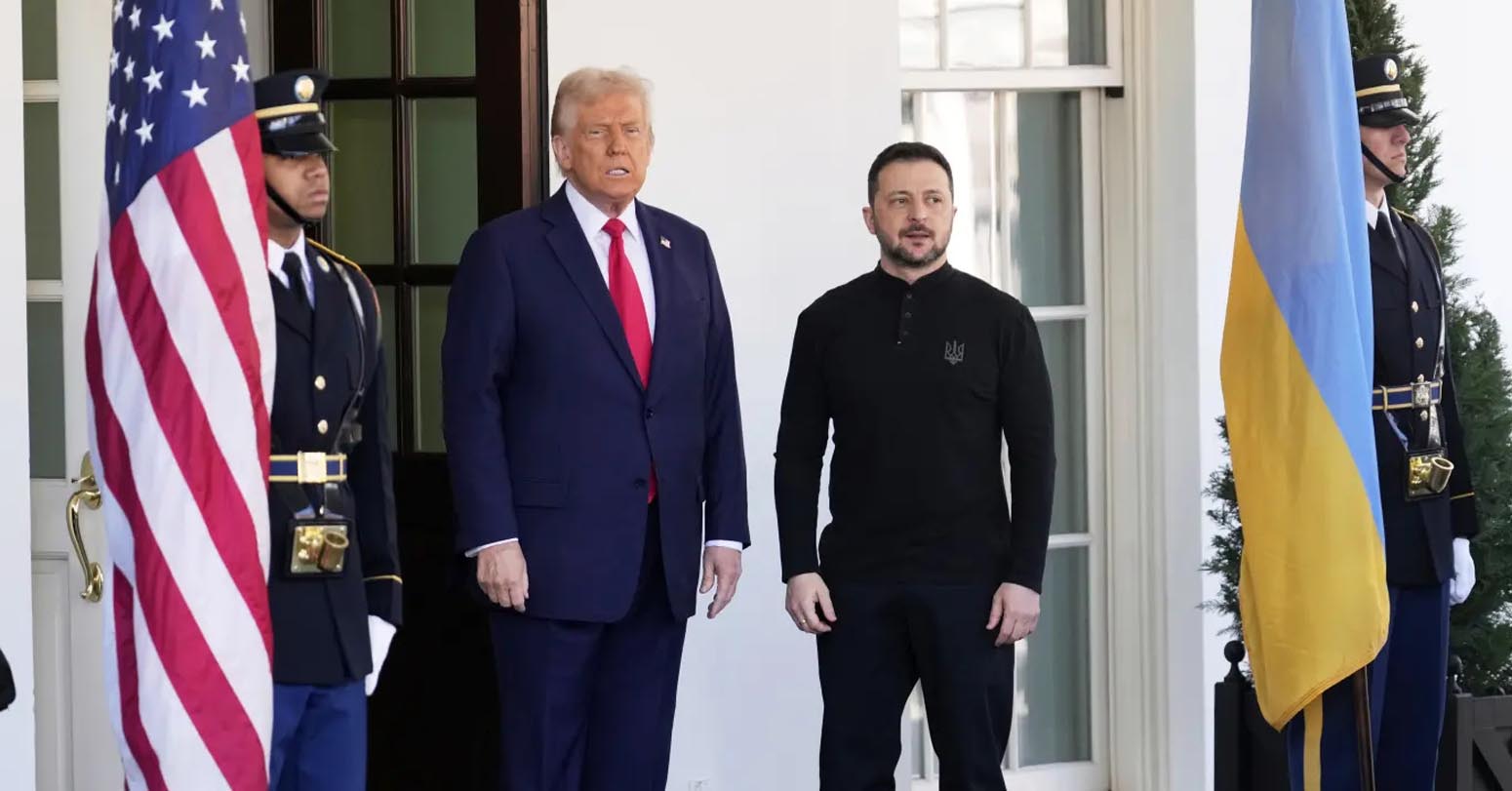
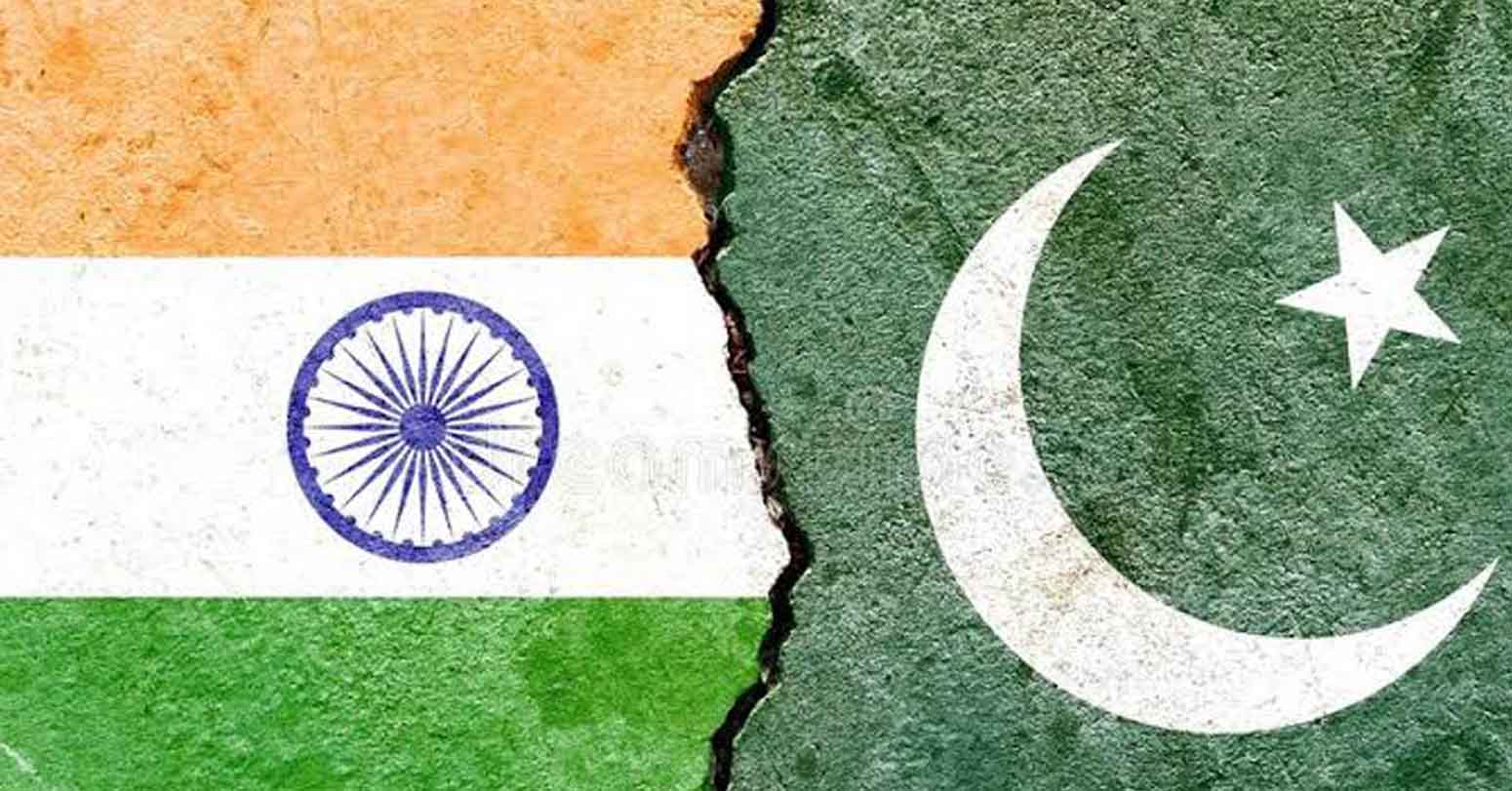
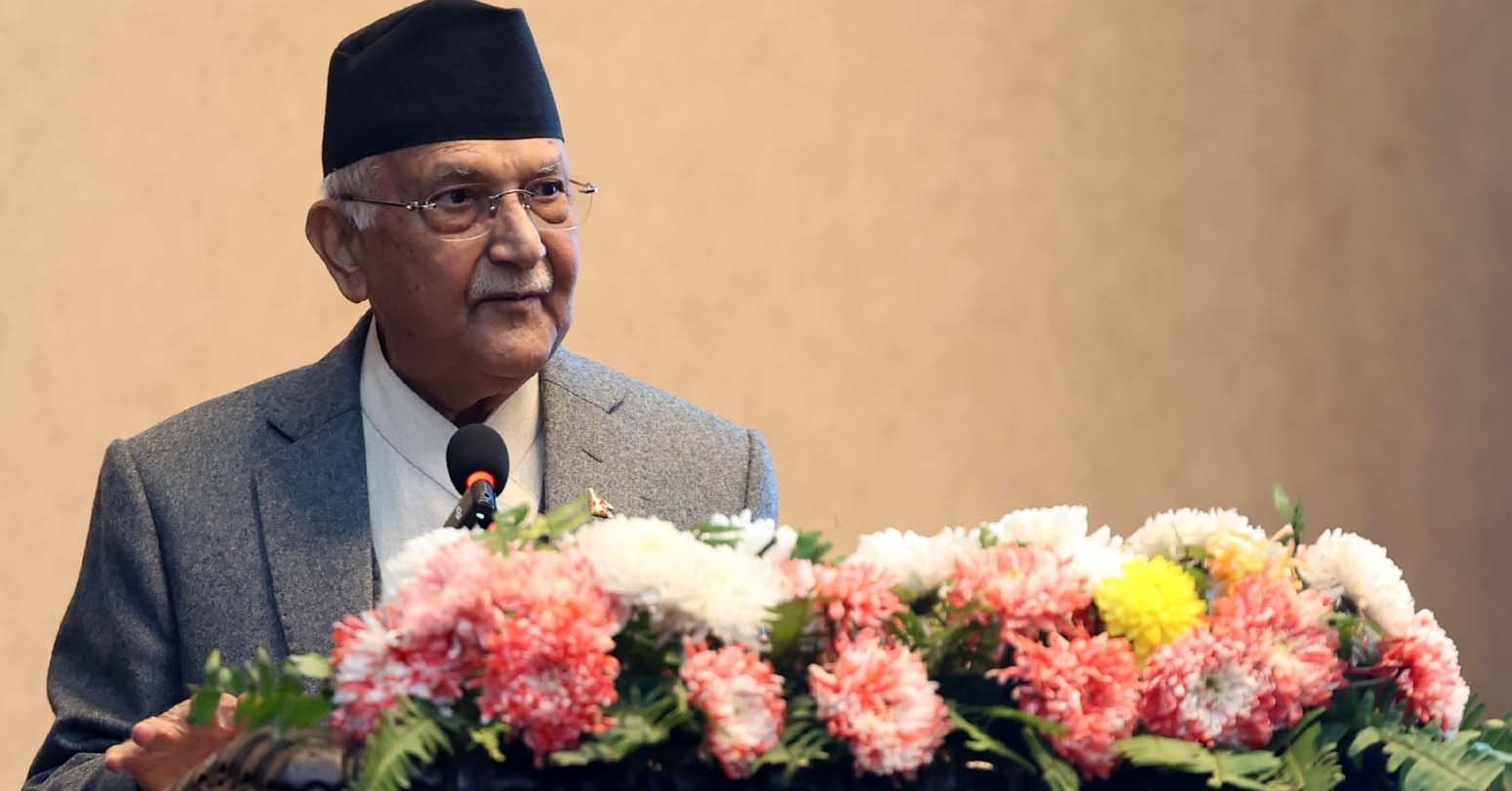
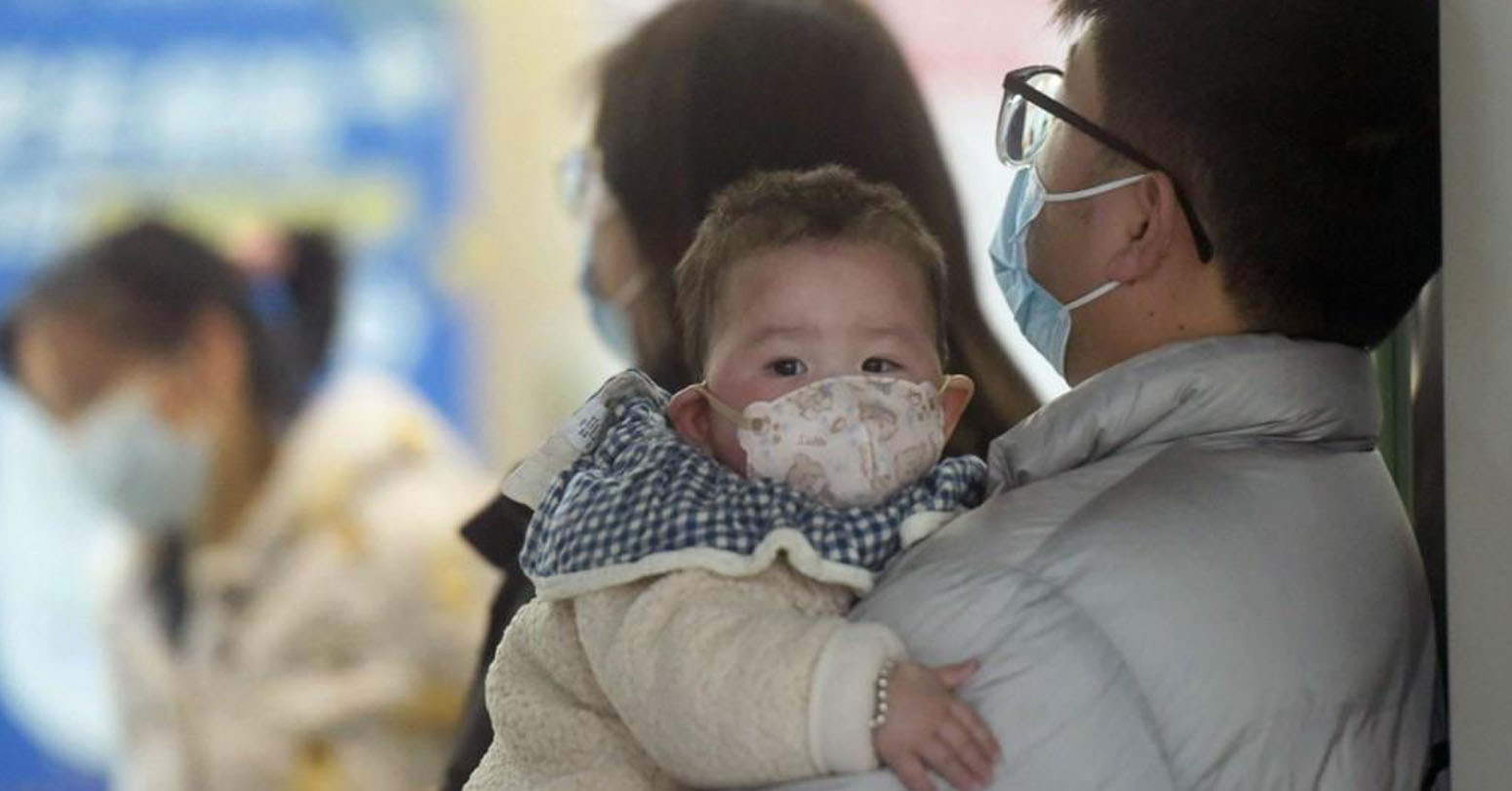
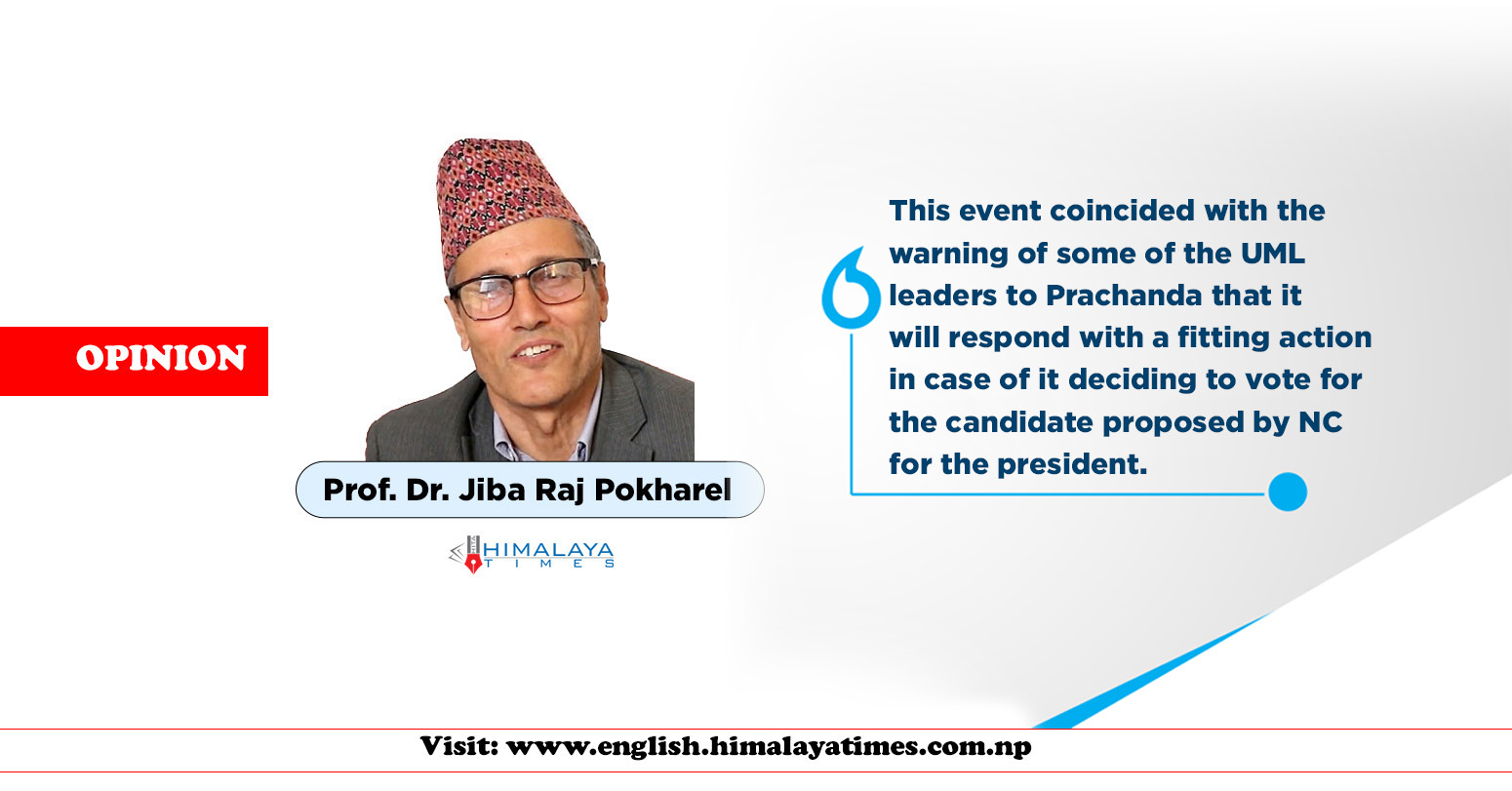
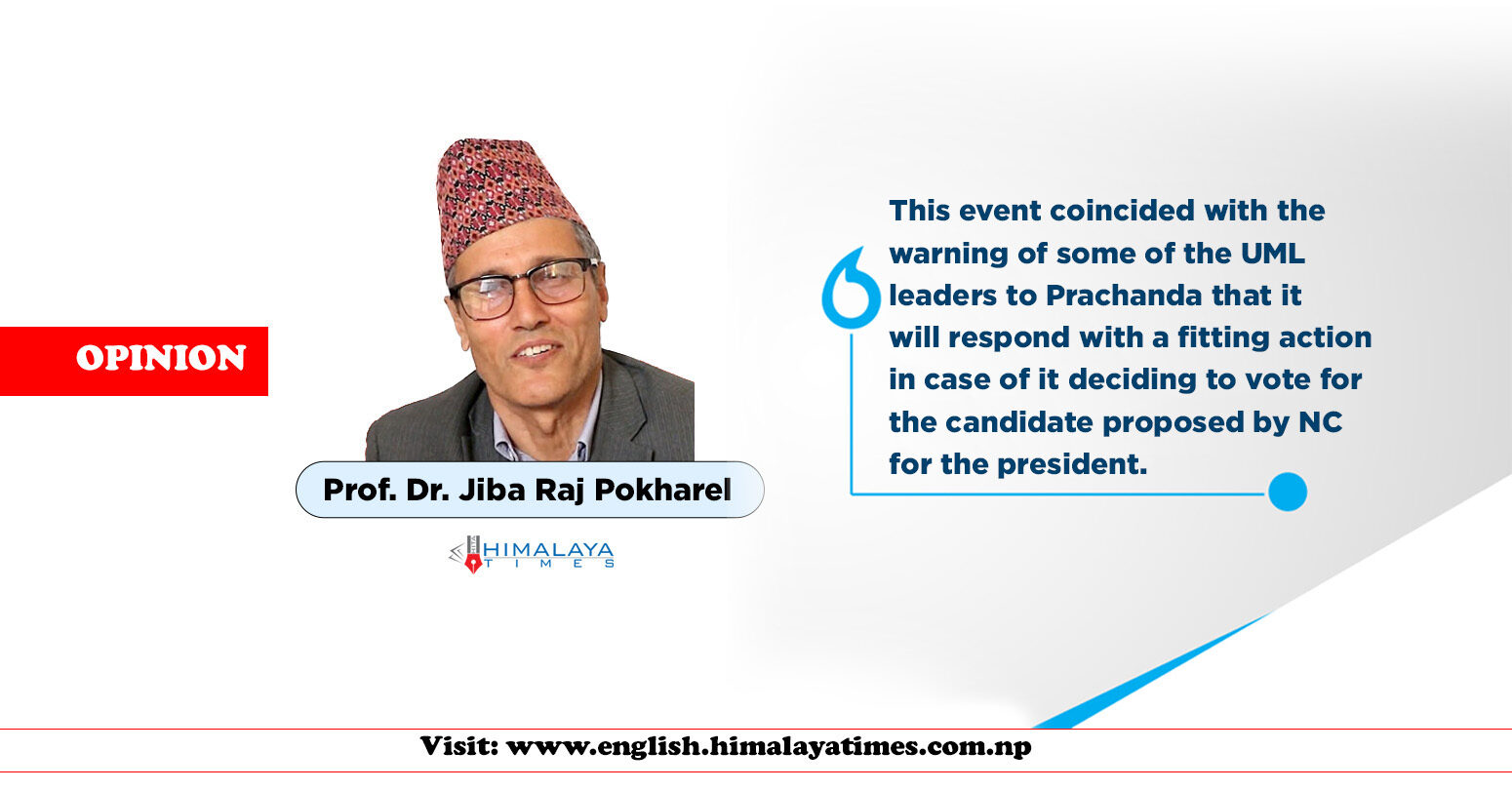
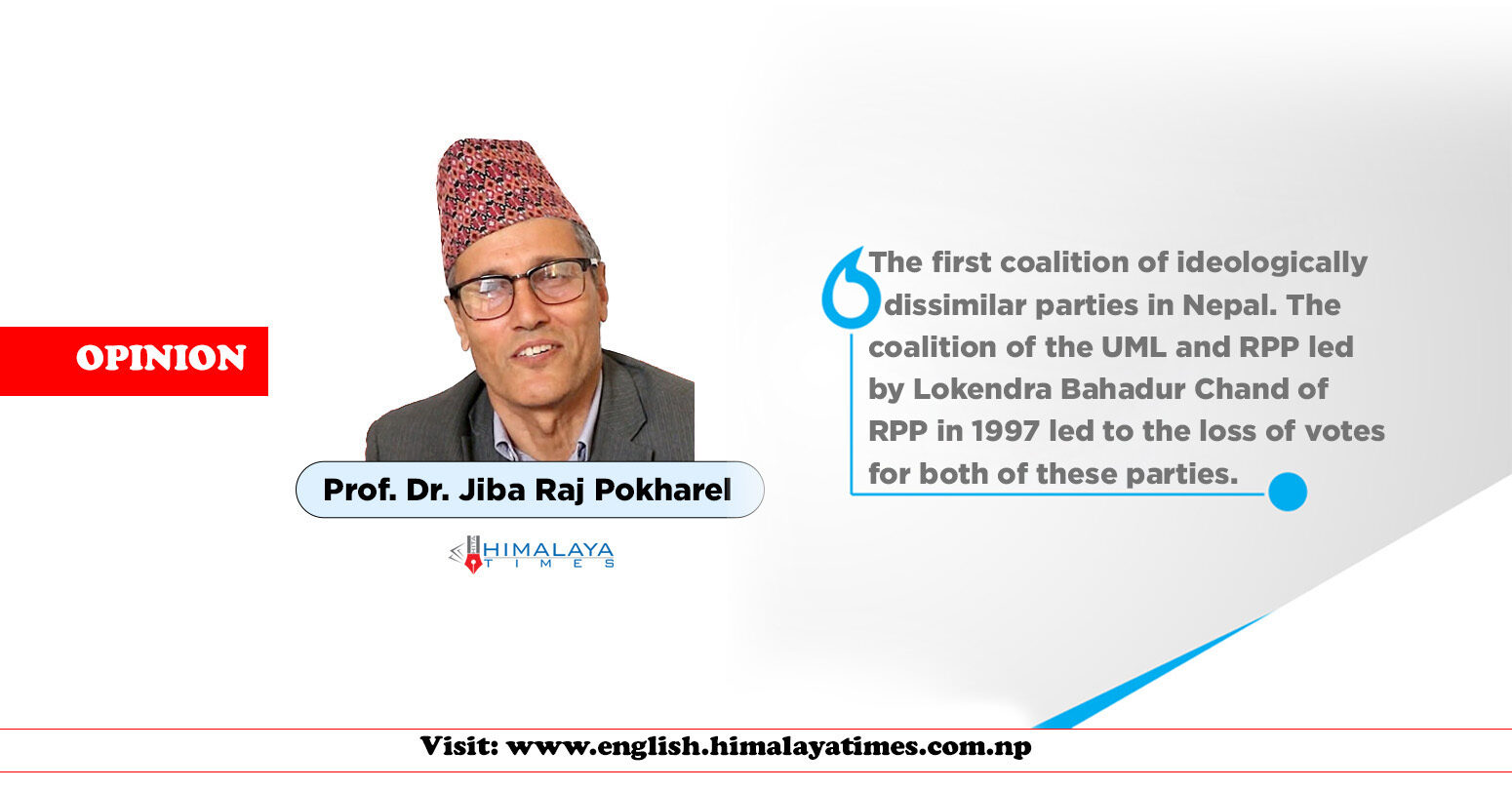

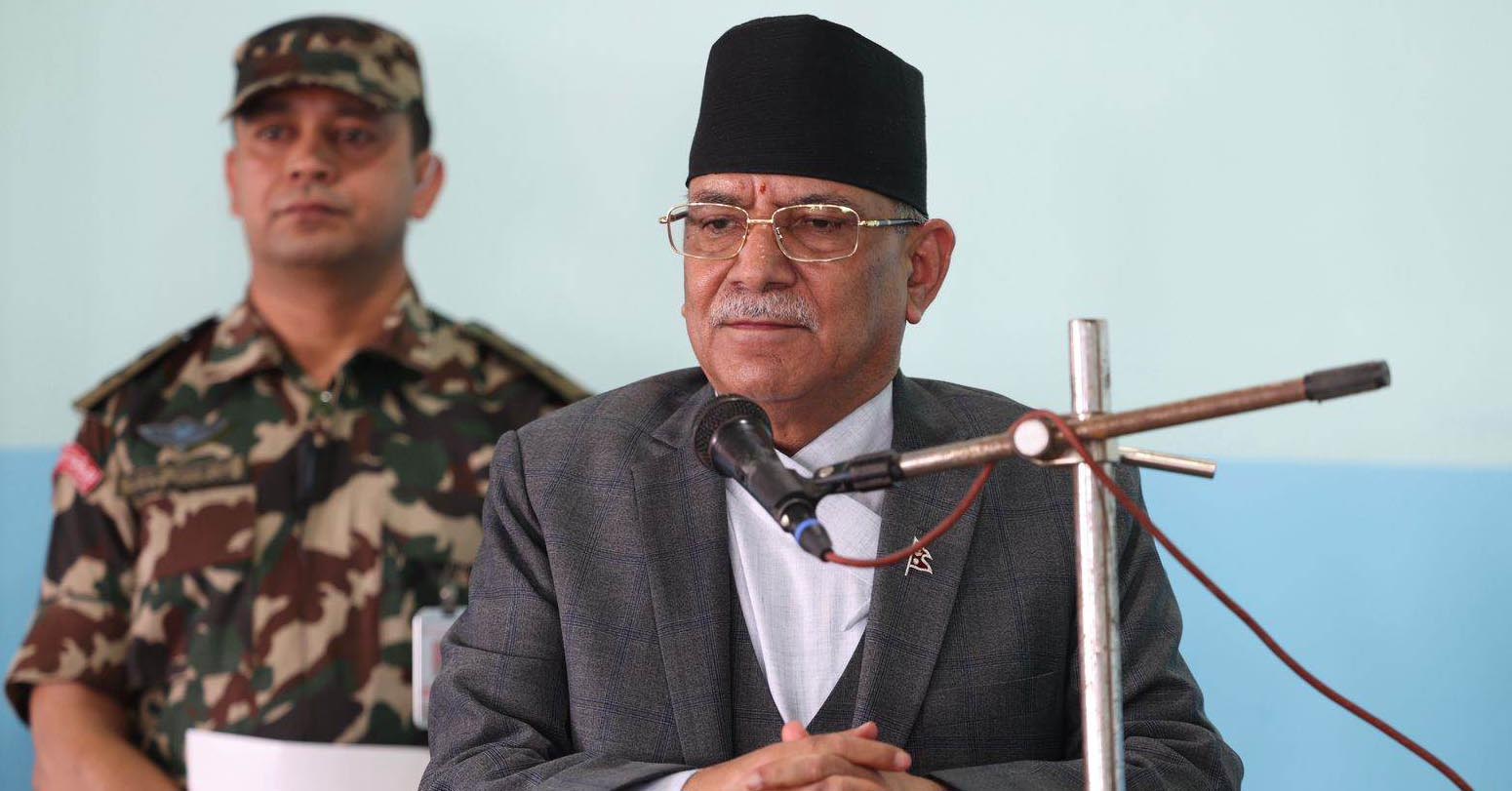

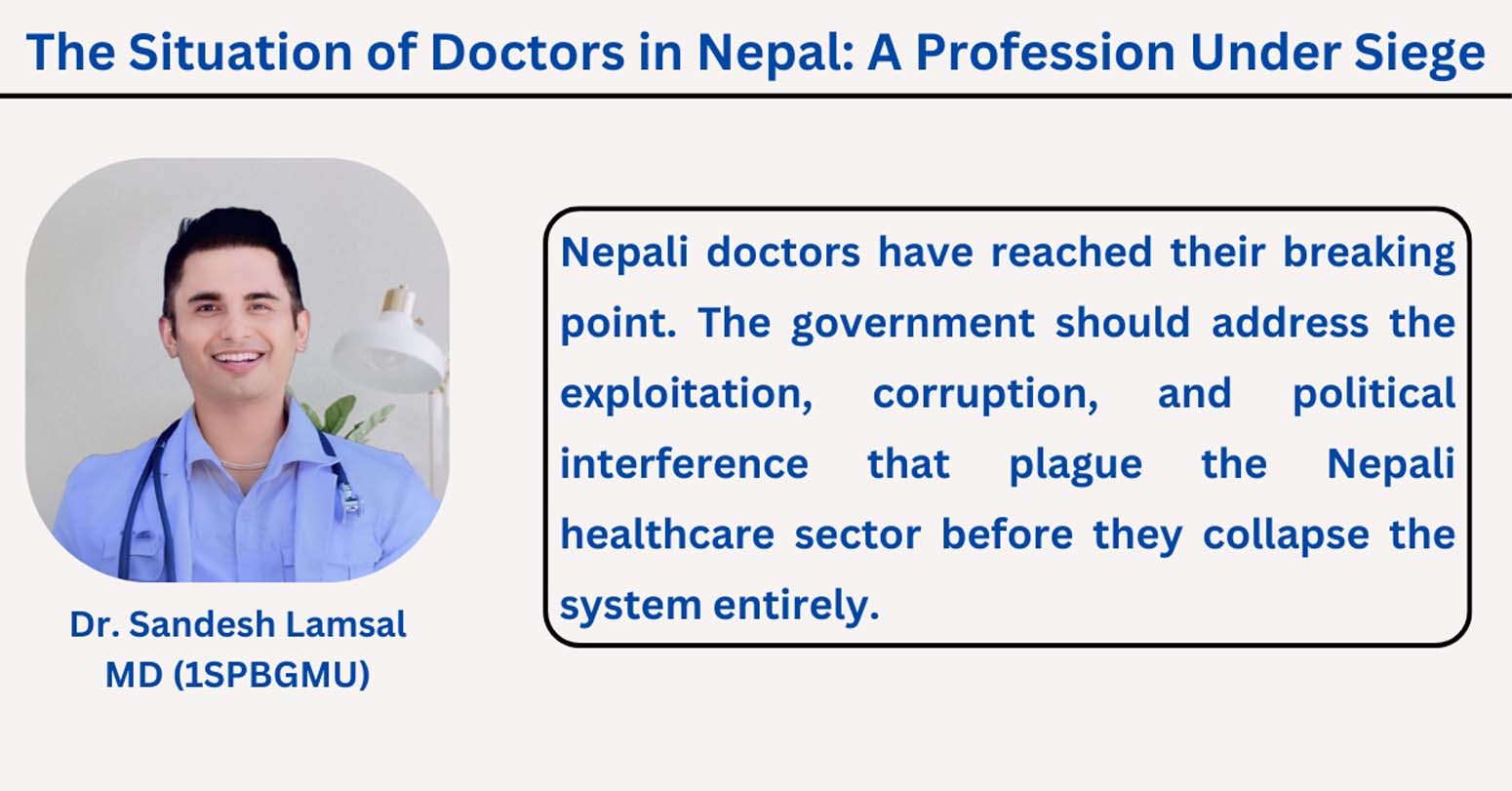

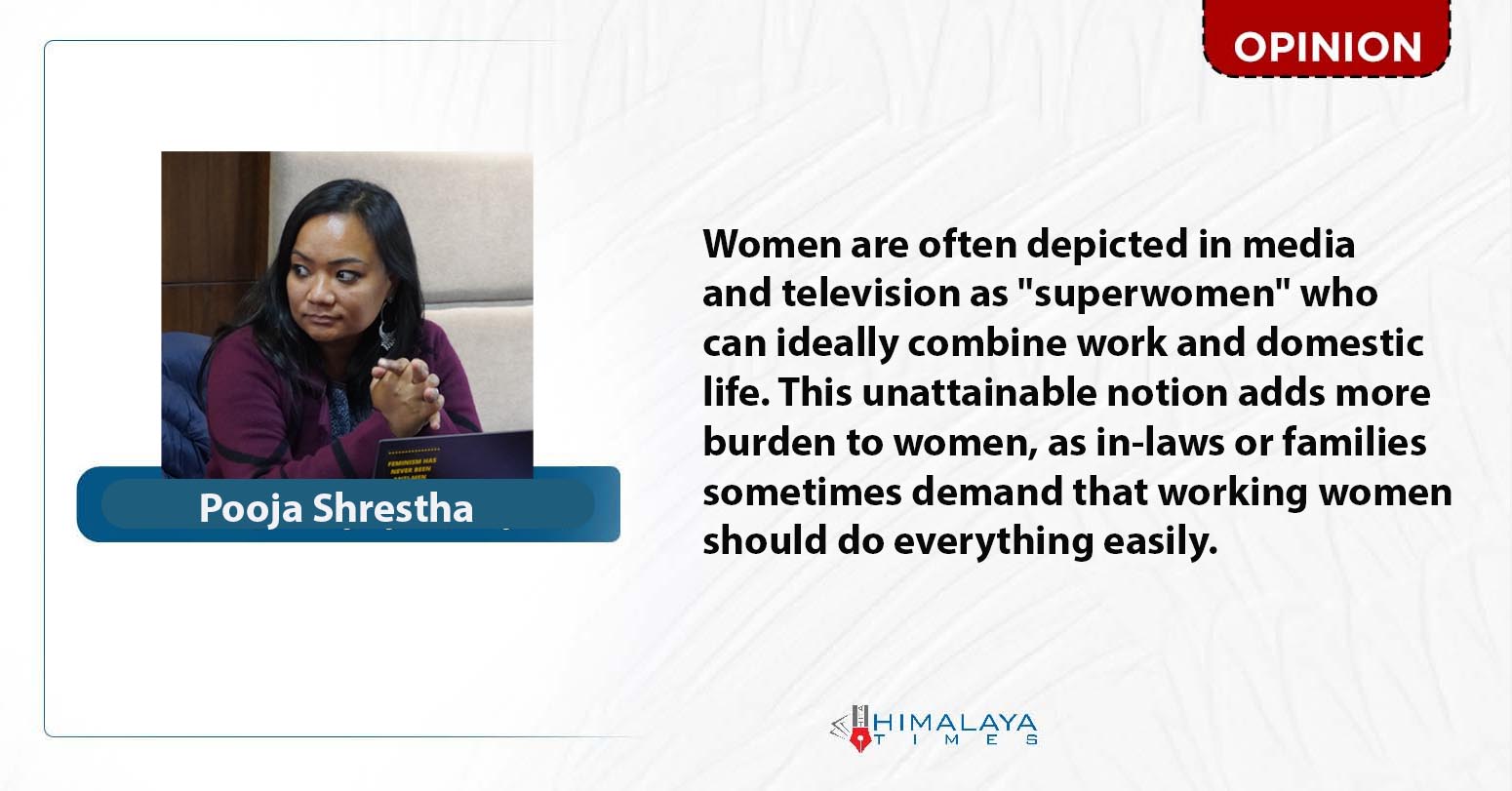
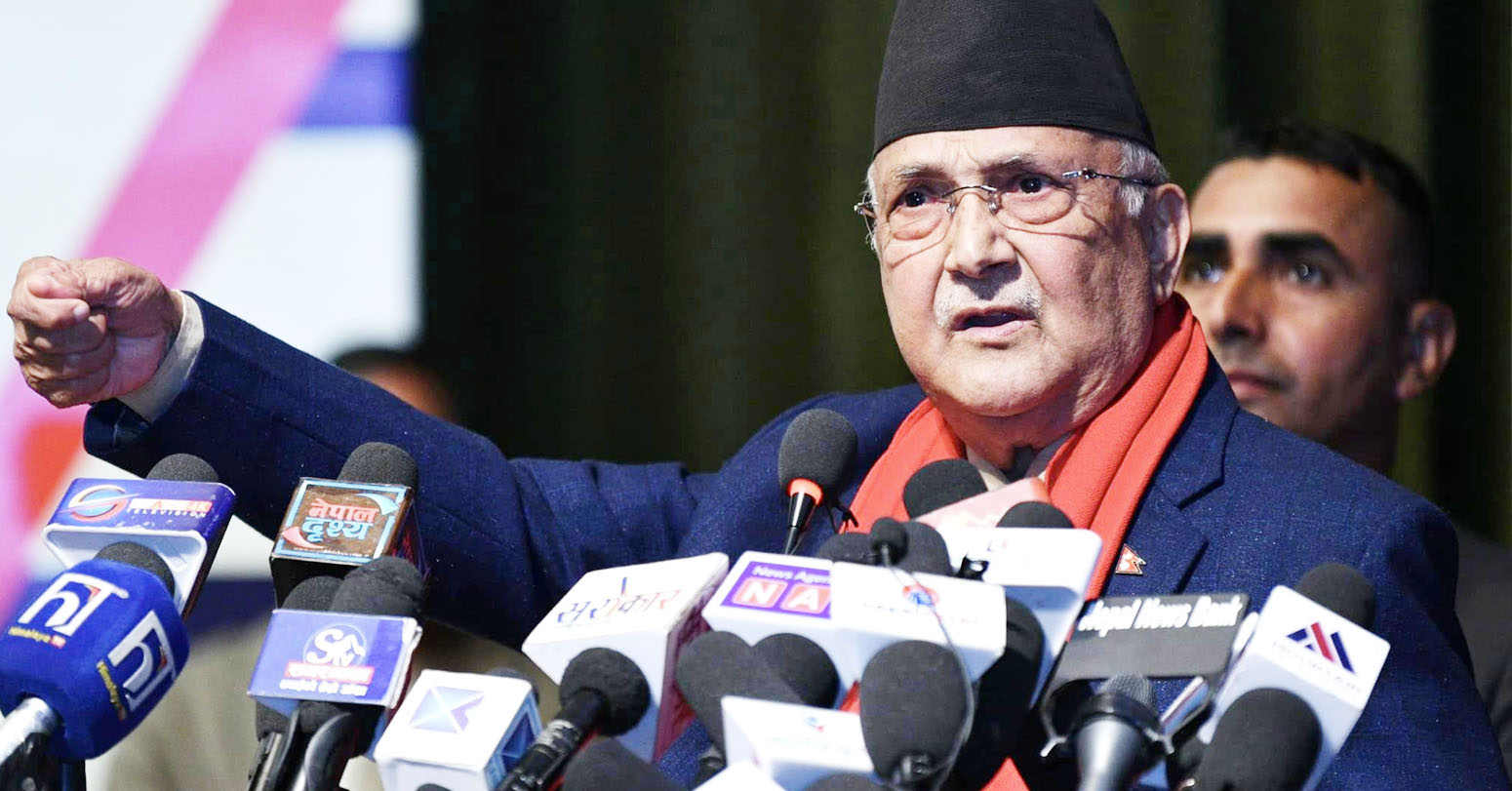


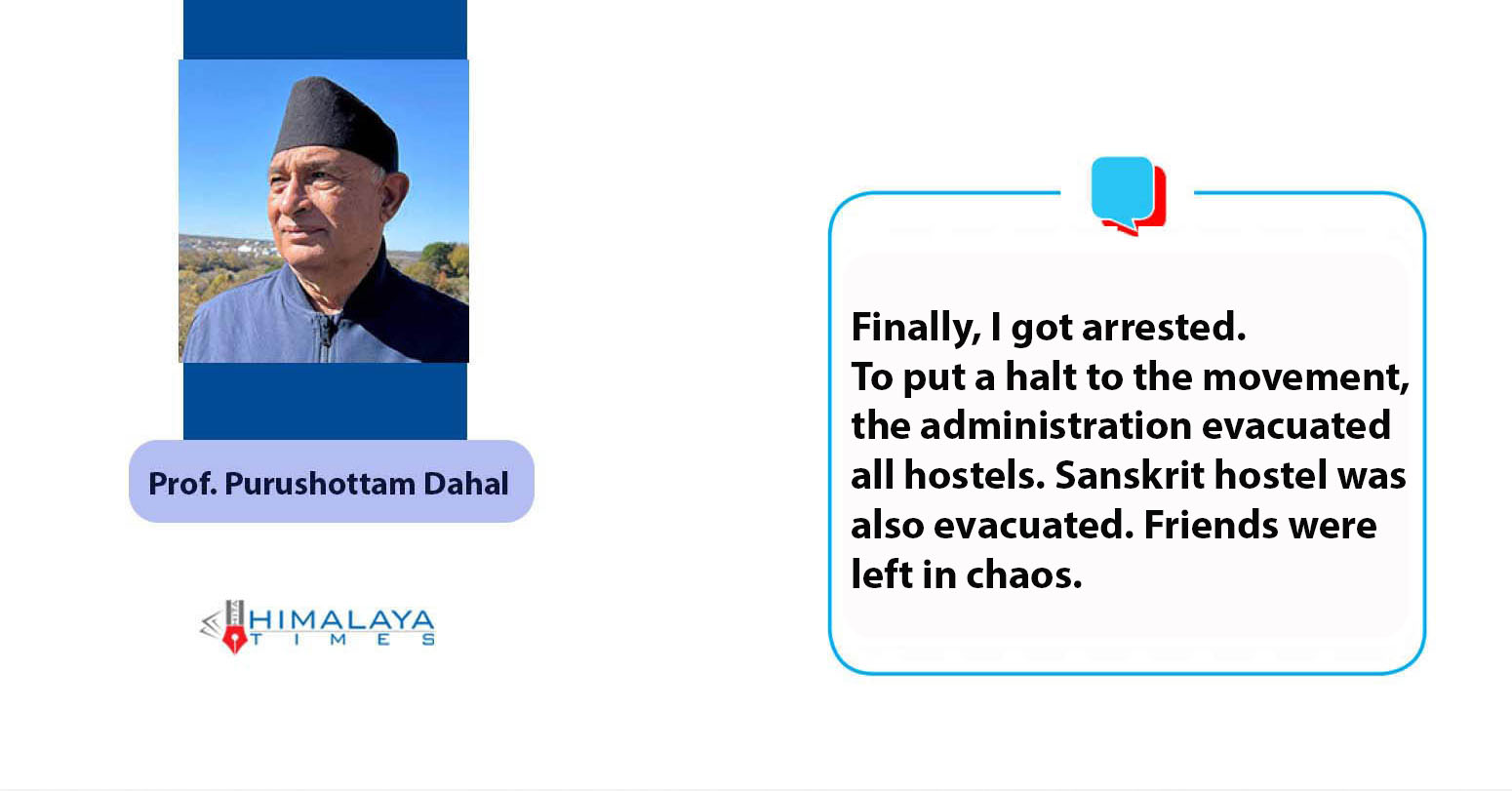

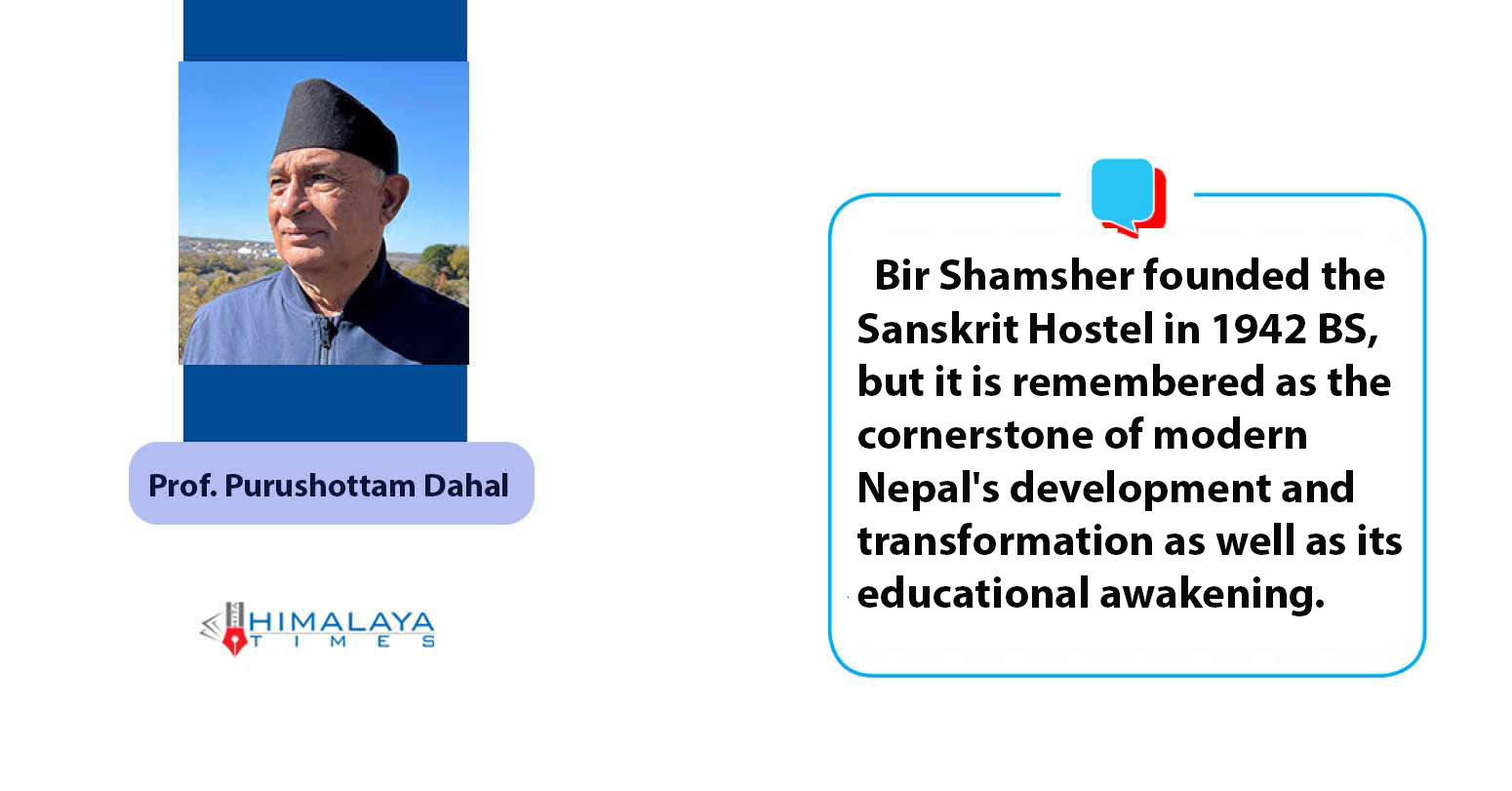
Middle-aged man spends millions to
Breathing The Unbreathable Air
Comprehensive Data Protection Law Critically
Gender Differences In Mental Healthcare
Dr. Dharam Raj Upadhyay: Man
Erosion of Democracy